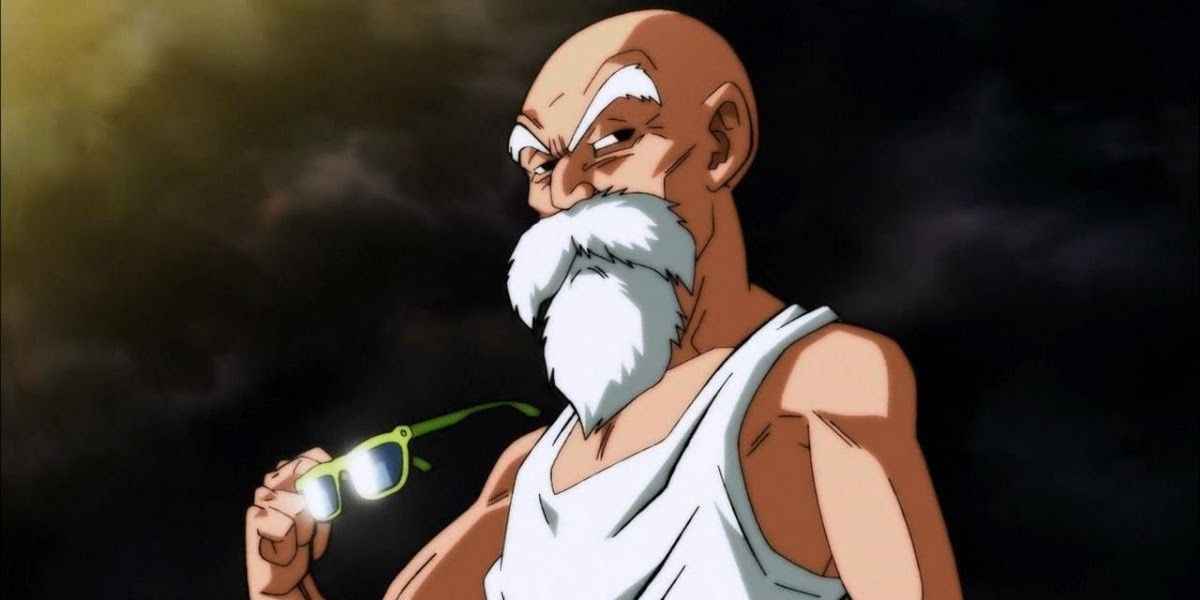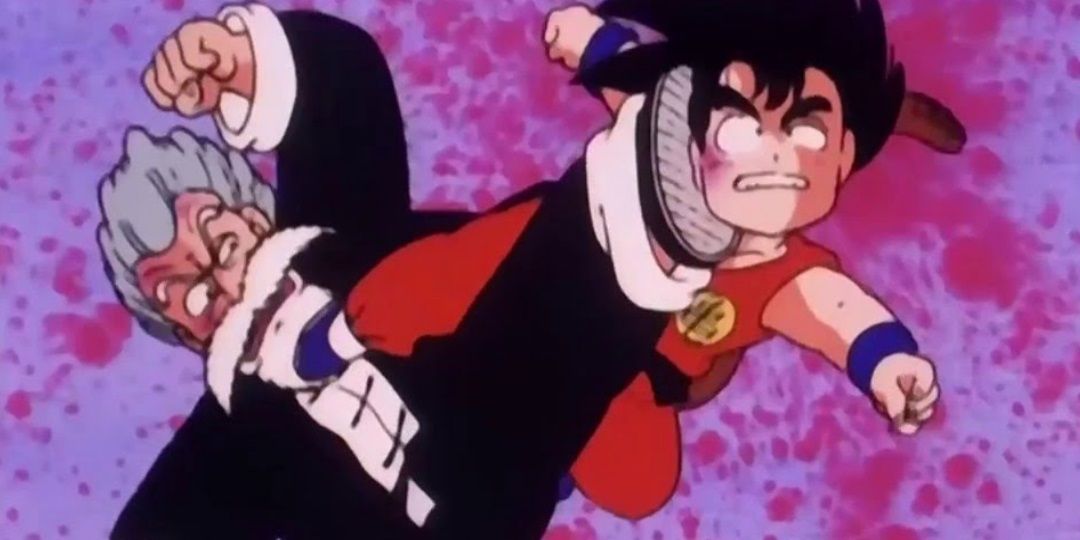As the creator of the Kamehameha Wave and mentor to Goku, Krillin and Yamcha during their early martial arts training, Master Roshi is one of the most pivotal figures in the entire Dragon Ball franchise. But while the venerable martial arts master has a prominent role across the original manga and anime series, Roshi begins to play a more diminished role in the follow-up, Dragon Ball Z. Only appearing sporadically as a supporting character in Z, Roshi is reduced to a glorified cameo role by Dragon Ball GT, a far cry from the fighter that once bested both Goku and Krillin after introducing the franchise's signature attack in his earliest appearances.
Fortunately, the most recent installment of the long-running anime franchise, Dragon Ball Super, not only gives Roshi a considerably bigger role but also reestablishes that the character is one of the greatest fighters of not just Earth but all of Universe 7 where most of the franchise takes place. The self-proclaimed Turtle Hermit, with an unhealthy perverted outlook, finally gets his due both in the anime and manga incarnations of Super. Here's a quick history of the martial arts mentor and how he returned to prominence after decades of languishing on the sidelines.
More than just a mentor and running joke as a creepy old man in Dragon Ball, Roshi is an active participant in much of the adventures in the original series. Disguising himself as the fighter Jackie Chun, Roshi successfully defeats Goku in the 21st World Martial Arts Tournament and returns to his disguised persona for the 22nd only to concede when he realizes Tienshinhan will prove a superior opponent to his students. When the series took a darker turn after the arrival of the Demon King Piccolo, Roshi reveals his own master had sealed away the villain for centuries at the cost of his own life. Roshi attempts to duplicate his mentor's sacrifice though ultimately fails, dying before his eventual resurrection by the Dragon Balls.
Throughout Z, Roshi is usually seen at gatherings of the main cast and similarly doesn't play a major role in most of the anime films—with the exception of The World's Strongest, where he is kidnapped by Doctor Wheelo's henchmen. Usually seen reacting to the fearsome threats arriving on Earth, Roshi takes a backseat to his students, often marveling at how much they have progressed since training them himself. However, by the start of Dragon Ball Super, Roshi lends a hand in helping the Z Fighters defend the planet from Frieza's forces, though he's not powerful enough to confront Frieza himself.
In Super's climactic storyline, however, Roshi is recruited to help represent Universe 7 in the Tournament of Power against teams of the most powerful warriors across the Dragon Ball Multiverse. While confronting several physically superior opponents, Roshi's combat savvy and expert techniques result in the elimination of several fighters from rival universes. Eventually, Roshi realizes he's becoming more of a burden for the rest of the team with them constantly rescuing him, so he opts to drop out of the tournament himself, content to watch from the sidelines. This moment is expanded upon in the manga, with Roshi surprisingly holding his own against Universe 11's champion Jiren to impart one final lesson to Goku regarding Ultra Instinct before Jiren takes the battle more seriously and eliminates the old man.
Originally the strongest man in the world, Master Roshi is surpassed by his students over the course of Dragon Ball—with the possible exception of Yamcha—and resumes his semi-retirement from the comfort of his own island. However, Goku and the Z Fighters come to rely on Roshi's guidance and combat skills once the events of Dragon Ball Super intensify, with the venerable mentor proving he still has words of wisdom to impart and fights to win. And in a franchise increasingly defined by exploding power levels, Roshi is a stark reminder that strength isn't everything and serves as a window into the franchise's roots in martial arts technique over raw power.


